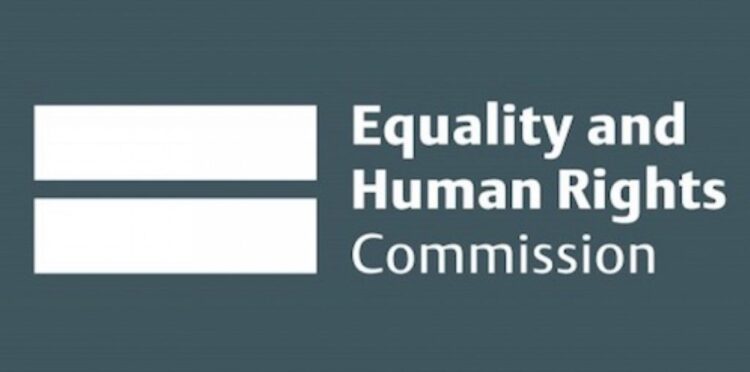By Gabriel Princewill-
An investigation by the equality watchdog into BBC gender pay discrimination branded a whitewash today, was a big let down for the established regulator. Critics said the investigation failing to address the lived experience of women journalists and broadcasters.
The EHRC launched an investigation into equal pay at the BBC in 2019, two years after the broadcaster sparked controversy by publishing the salaries of its highest earners. The outcome of its investigation has been lambasted and discredited as a whitewash by the critics, and the marginalised group of women whose voices were ostensibly drowned during the investigation.
Embarrassed representatives of the ECHR appear to have attempted to soften the blow of their sub-optimal investigation by saying:
“If the processes have let you down, then you don’t trust what’s going on. We hope our recommendations will help build a better relationship with the women at the BBC.”
The commission said its investigation is different in its remit to that of an employment tribunal.”
Under Pay
The Equalities and Human Rights Commission’s investigation came after presenters like Gracie and Samira Ahmed were revealed to have been underpaid.
Unequivocally stating that the BBC didn’t break the law, the watchdog nevertheless said the corporation must “increase transparency and rebuild trust” with women. Its ruling didn’t go far enough and was today exposed as having compromised the expected standards of professional scrutiny consistent with a thorough investigation. In short, it failed to ensure the integrity of the investigation was not undermined.
Its inquiry was expected to unearth all the failings at hand, and make fresh recommendations in light of the true findings.
Instead, the watchdog appears to have sat on the fence, instead of decisively highlighting the failings. The watchdog said it was legitimate for the BBC to take into account “specific attributes” when deciding pay such as “the extent to which an individual… makes a difference to broadcast programmes.”
The BBC said many of its pay decisions it analysed by the EHRC, related to “profile, experience, audience recognition, market power and flight risk” – the possibility of being poached by rivals.
However, using a very limited sample for its inquiry and findings, it said it was legitimate for the BBC to take into account “specific attributes” when deciding pay such as “the extent to which an individual… makes a difference to broadcast programmes.”
It stressed the importance of establishing a “clear method” to evaluate “the weight of these factors objectively”.
The BBC said many of its pay decisions analysed by the EHRC, related to “profile, experience, audience recognition, market power and flight risk” – the possibility of being poached by rivals.
A statement from BBC Women, which represents female employees, said the findings was not reflective of their experiences.
National Union of Journalists (NUJ) general secretary Michelle Stanistreet said: “There will be many NUJ members who read this report and feel it doesn’t address their lived experiences.
“The fact that so many individual settlements, including Samira Ahmed’s NUJ-backed tribunal win, have taken place underlines the clear problems that have existed.”
Ms Stanistreet added that the changes made by the BBC, acknowledged in the report, were achieved with “enormous effort and pressure” from unions, emphatically stating that “they are very much a work in progress.”
High Profile Cases
Other high profile cases include Radio 4 presenter Sarah Montague, who received a £400,000 settlement and an apology over unequal treatment.
Broadcaster Carrie Gracie was also given an apology and back pay after resigning from her position as China editor in 2018 in protest at pay inequalities .The BBC said it had corrected 39 cases of unequal pay.
Gracie, who recently left the BBC, wrote on Twitter: “EHRC report on BBC equal pay feels like whitewash.
“Examined just 10 cases… Seriously? FOLLOW THE ££ INSTEAD: BBC forced to pay out to 100s of BBC women.
“Moral of story: don’t rely on regulator but stay strong, calm, united + JUSTICE WILL PREVAIL.”
The watchdog defended its investigation, saying it was “very confident” in its “robust findings”.
Joanna Gregson, head of enforcement at the EHRC, said that despite finding no “pay discrimination” in the cases that were looked at, “that’s not to say it didn’t happen elsewhere (at the BBC)”.
Rebecca Hilsenrath, chief executive of the commission, said women “suffered” at the BBC because of the complaints process and there were a number of areas where the broadcaster was “at risk of unlawful pay discrimination”.
She commended the “courage” of women who came forward, and urged them to take comfort from the report recommendations to improve the way pay issues are dealt with.
The watchdog said it was legitimate for the BBC to take into account “specific attributes” when deciding pay such as “the extent to which an individual… makes a difference to broadcast programmes.




